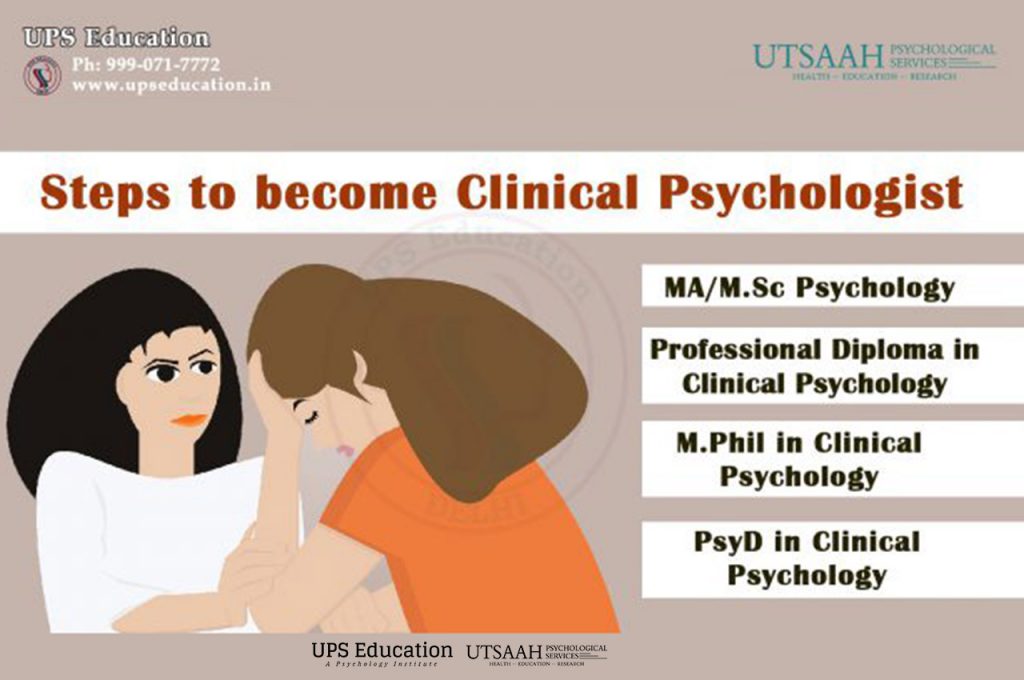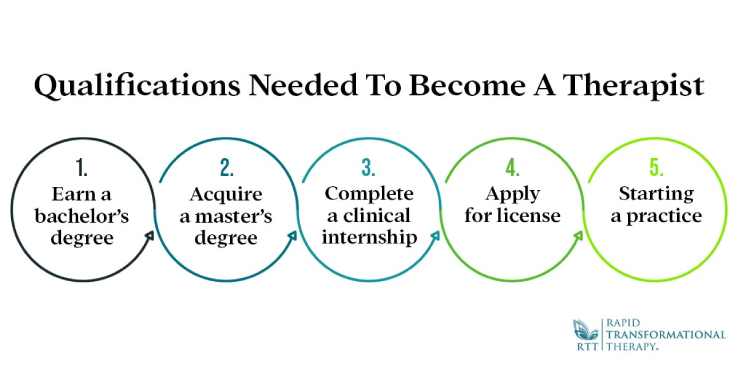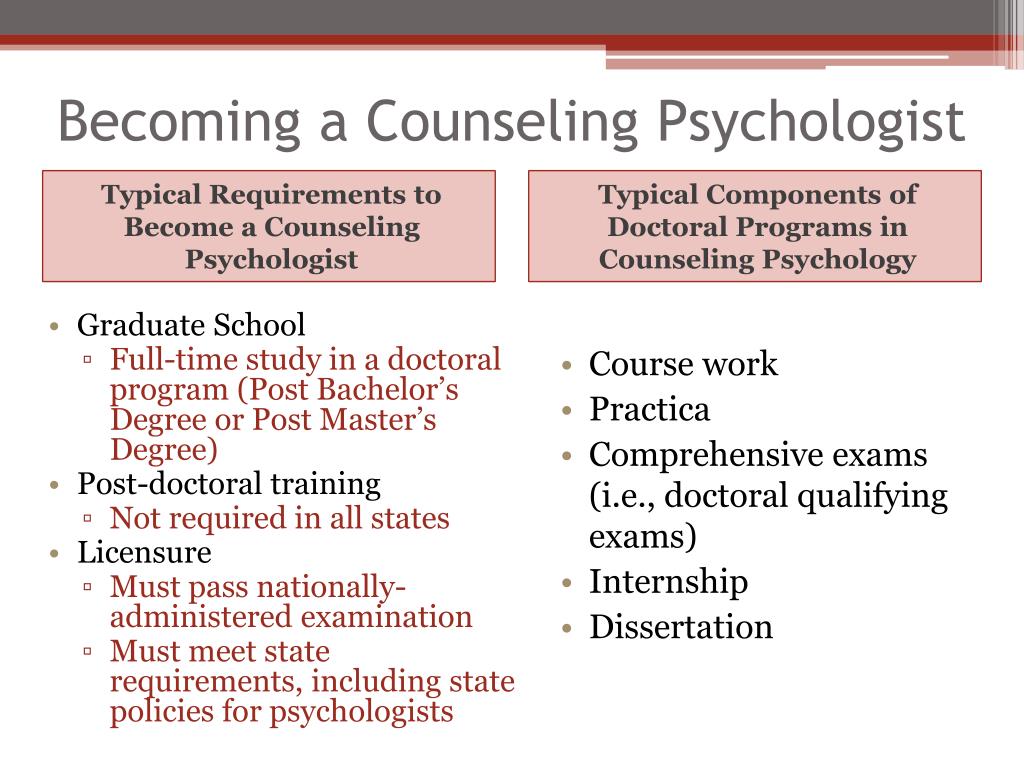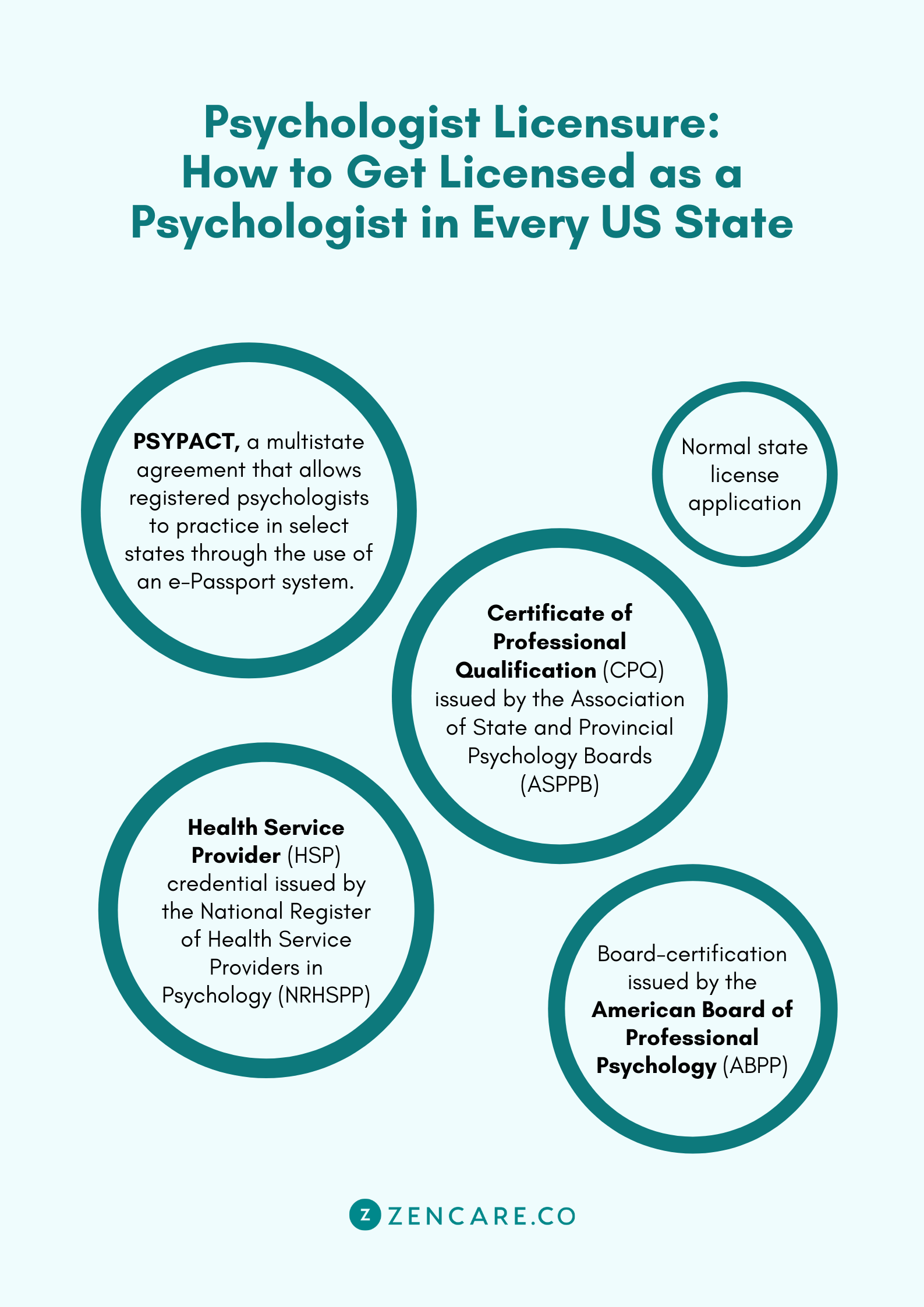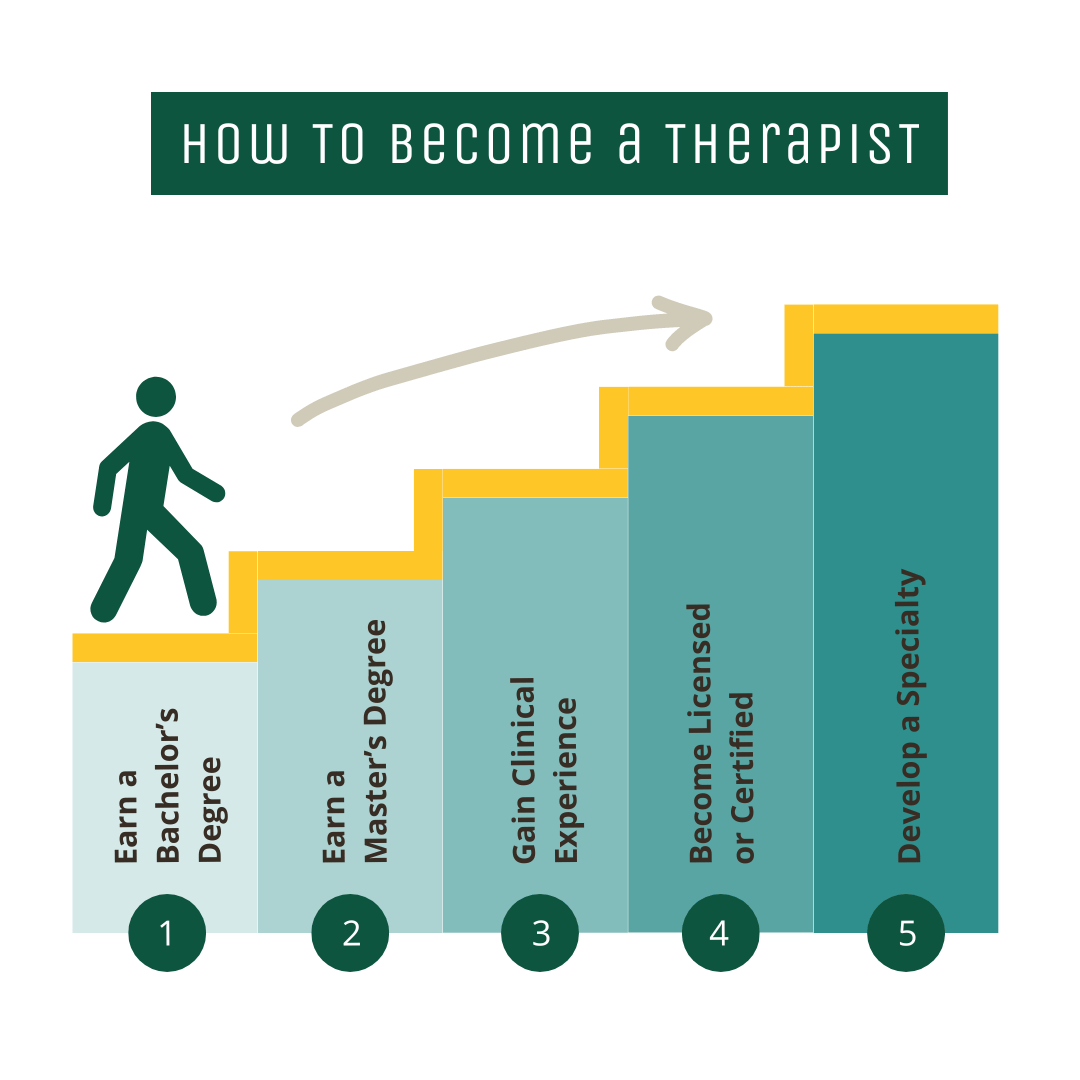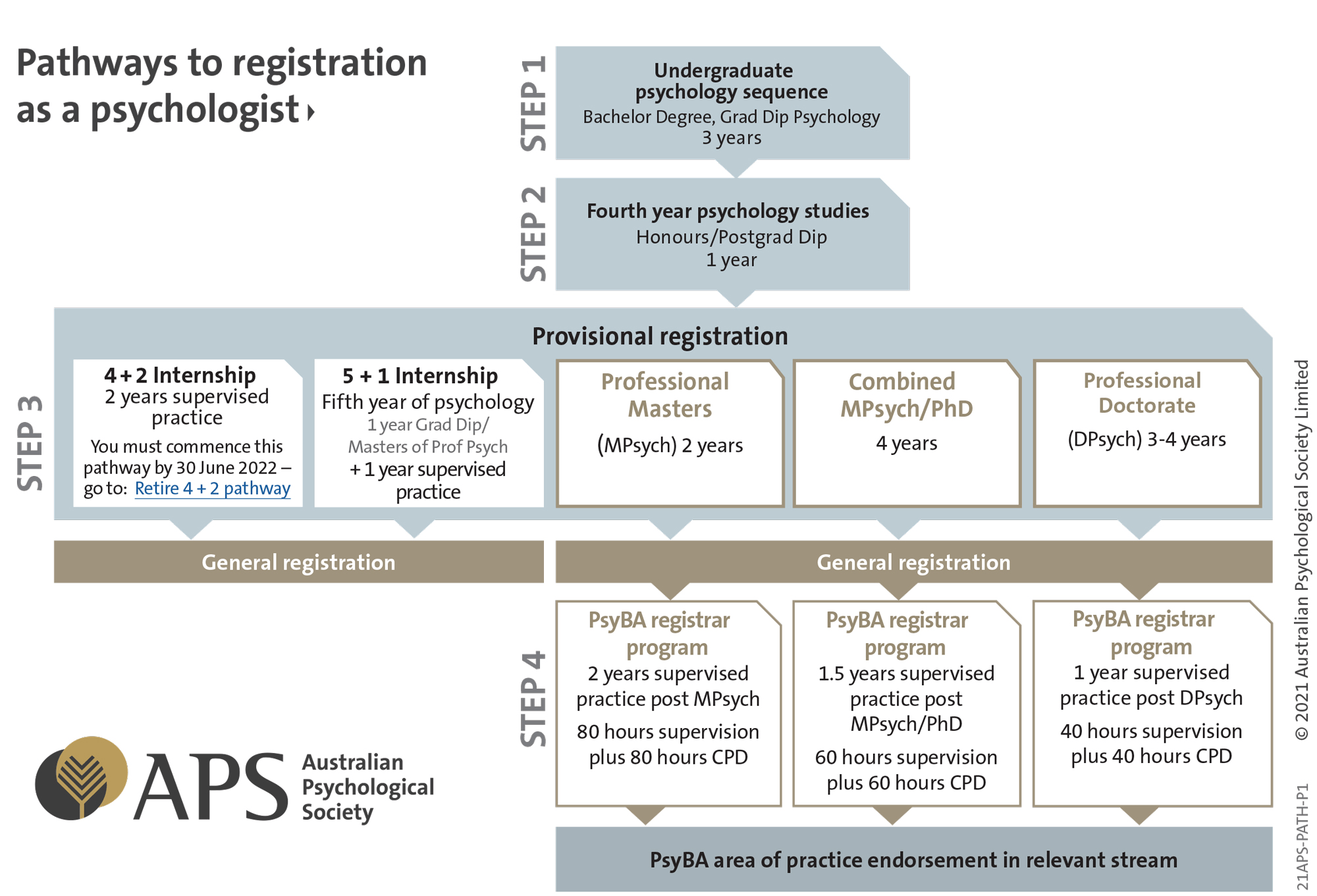Requirements For Being A Psychologist
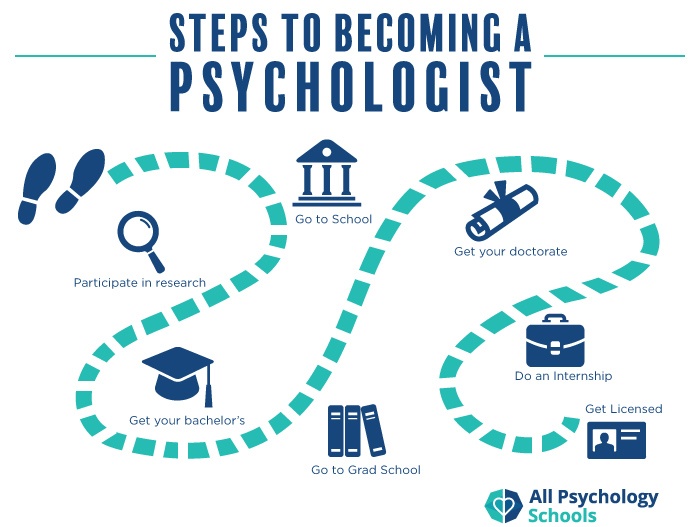
The path to becoming a psychologist is a rigorous and demanding one, requiring years of dedicated study, supervised experience, and a commitment to ethical practice. Demand for mental health services is rising, yet understanding the exact requirements to enter this crucial profession remains a significant barrier for many aspiring practitioners.
Navigating the educational, licensing, and continuing education prerequisites can be daunting. This article provides a comprehensive overview of the requirements for becoming a psychologist, outlining the necessary steps from undergraduate education to independent practice, offering clarity for those considering this rewarding career.
Educational Foundation: The Undergraduate Degree
The first step on the journey to becoming a psychologist is earning a bachelor's degree. While a degree in psychology is common, it isn't always mandatory.
Majors in related fields such as sociology, education, or even biology can provide a solid foundation, provided the student takes relevant psychology coursework. Foundational courses typically include introductory psychology, statistics, research methods, and courses covering various areas of psychology such as developmental, social, and cognitive psychology.
Graduate Studies: Master's and Doctoral Degrees
After completing a bachelor's degree, aspiring psychologists must pursue graduate studies. A doctoral degree is typically required for independent practice and licensure.
There are two main types of doctoral degrees in psychology: the Doctor of Philosophy (PhD) and the Doctor of Psychology (PsyD). PhD programs emphasize research and scientific inquiry, while PsyD programs focus more on clinical practice.
Some students may choose to pursue a master's degree in psychology before applying to a doctoral program. While not always required, a master's degree can strengthen an applicant's profile and provide additional training. Earning a master's can lead to opportunities in fields such as counseling or research, but typically will not allow you to practice independently as a psychologist.
Accreditation Matters
Ensuring that the graduate program is accredited by the American Psychological Association (APA) is crucial. Accreditation signifies that the program meets specific quality standards for training and education.
Graduates from non-accredited programs may face challenges in obtaining licensure or finding employment. Accreditation is particularly important for doctoral programs.
Supervised Experience: Internship and Postdoctoral Training
Supervised experience is a critical component of becoming a psychologist. Both internship and postdoctoral training are required to gain practical skills and apply theoretical knowledge under the guidance of licensed professionals.
An internship, typically completed during the doctoral program, provides hands-on experience in a clinical or research setting. Postdoctoral training, lasting one to two years, allows for more advanced training and supervision.
The specific requirements for supervised experience vary by state, but all states require a certain number of hours of supervised practice before licensure can be granted. States often stipulate the type of supervision required and the qualifications of the supervisor.
Licensure: The Final Hurdle
To practice independently as a psychologist, licensure is mandatory. Each state has its own licensing board and sets its own requirements.
However, some core requirements are consistent across most states. These include graduating from an accredited doctoral program, completing the required supervised experience, and passing the Examination for Professional Practice in Psychology (EPPP).
The EPPP is a standardized exam that assesses a candidate's knowledge and competence in psychology. Background checks and ethical reviews are often included in the licensure process, too.
Continuing Education: Maintaining Competence
Licensure is not a one-time achievement; psychologists are required to engage in continuing education to maintain their licenses. Continuing education ensures that psychologists stay up-to-date with the latest research, techniques, and ethical guidelines in the field.
The number of continuing education hours required varies by state. Activities such as attending workshops, conferences, and completing online courses can fulfill continuing education requirements.
Failure to meet continuing education requirements can result in suspension or revocation of licensure.
The APA emphasizes the importance of lifelong learning for psychologists.
A Look Ahead
Becoming a psychologist is a long and challenging process, but the rewards are significant. The field is constantly evolving, with new research and approaches emerging regularly.
Future psychologists will need to be adaptable, culturally competent, and committed to evidence-based practice. As demand for mental health services continues to grow, qualified and ethical psychologists will be essential to addressing the needs of individuals and communities.
:max_bytes(150000):strip_icc()/how-long-does-it-take-to-become-a-psychologist-2794935-5b841e6946e0fb00504573ef.png)

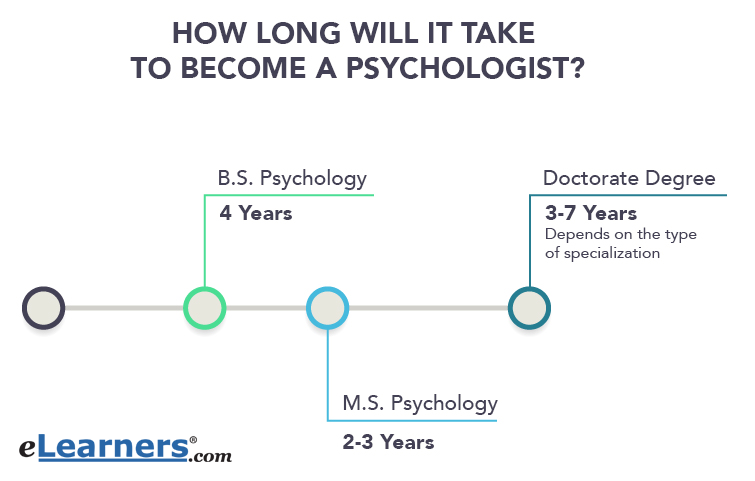



![Requirements For Being A Psychologist How to Become a Therapist [2023] - Hypnotes](https://hypnotes.net/static/blog/blog5/how-to-become-therapist-steps.jpg)
